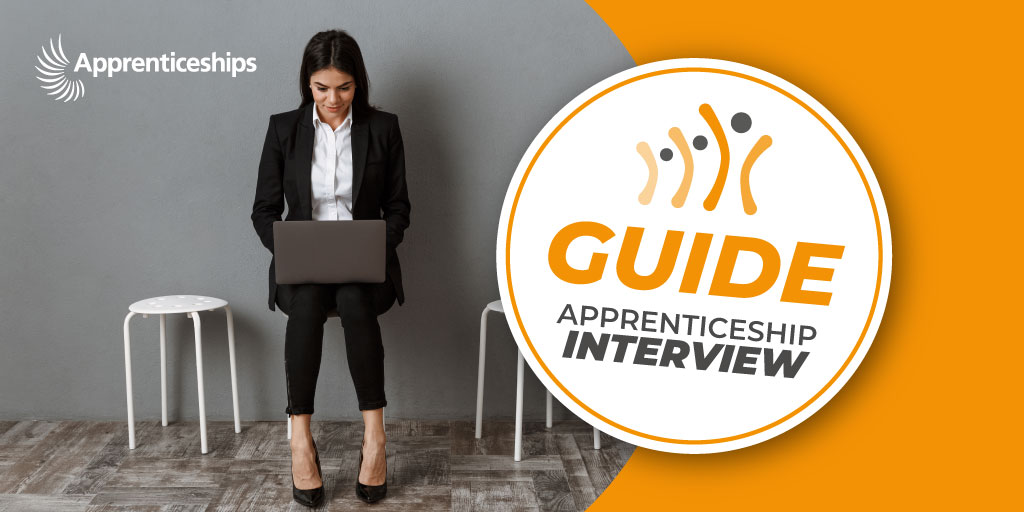Congratulations, you’ve got an interview! This is the first step to becoming a sports coaching apprentice. Your next step is to give yourself the best chance of being successful.
Here are six tips for preparing for your interview.
Make sure you’re presentable
Making a great first impression is essential for any interview. When you’re interviewing for a sports coaching position, it’s not just your skills they’re looking for. Remember, whenever you’re on-site, you are now a representative for the company. So you need to make a good impression the minute you walk in.
Choose your clothes at least two days beforehand, and make sure they are clean and ironed. Plan your journey and any basic appearance issues like shaving before the morning of your interview. You should be ready to go and calm on the day of your interview!
Research their company
One of the most important things you can do before an interview is to research the company you may be working for. Include planning for your route with a look at their values, clients and any recent updates.
Discuss any latest updates when they ask about your interest in the role because it will show your enthusiasm for working with them. Go over your research at least an hour before the interview and come up with examples of where you match their values.
Practice answering interview questions
Interviews tend to have some very typical topics and questions that you can prepare for in advance. Areas include, discussing your employment background and your interest in sports coaching and the role. Don’t forget to prepare a basic list of what you would like to mention, which indicates what a great apprentice you’d make!
As an apprentice, you need to show that you’re interested in how sports coaching might change and develop. Why? Because these are the areas you might need to learn as you go along. Look for sources that can keep you up-to-date and discuss any new trends or techniques you might like to explore if you were hired.
How you handle challenges is a key area. Put together three quick examples before your interview that show a challenge you’ve overcome and what it taught you. These don’t have to be from employment. Instead, they can be appropriate experiences that indicate you can learn from successes and failures.
Collate examples of coaching scenarios
Outline the features of example coaching experiences, looking at the strengths, weaknesses and features. You can discuss areas specific to your coaching experience, such as an interest in coaching football or how you created an inclusive environment for the children you coached.
Now, if you’ve completed a training course such as the Level 2 Certificate in Sports Coaching with First Step Training, you’ll have a portfolio of coaching scenarios to choose from. Even if you’ve never worked as a sports coach before, use your portfolio to highlight your skills, enthusiasm and insight into sports coaching.
Use examples of transferable skills
Being a sports coach is not just about coaching sports or physical education. There are lots of soft skills that are important if you want to be successful, including working in teams, communicating with different audiences and basic administration.
Will you remember to take a register? Can you communicate instructions to a variety of audiences? You can use examples of times you’ve undertaken group projects in a school environment or if you’ve worked or volunteered. Maybe you even taught a younger sibling to play football! Use those experiences to show that you are dedicated to being a successful sports coach.
Be ready to talk about how you communicate with different audiences
Remember, as a sports coach, you’re not only responsible for those you’re coaching. Maybe you’ll have to communicate with school administrations, teachers, people who work in health and wellbeing and lots of people including children, young people and those with specific disabilities. You could even end up having to engage people who aren’t as enthusiastic about sport as you are! It’s your job to tailor your approach or to understand how you could.
If you’re not sure, then think about your own experiences speaking to people from various areas of your life. Maybe it’s the difference between talking to a teacher and a younger sibling. Show that you understand this and you’re willing to learn more.
You might not be successful your first, second or even third time! But if you follow these tips, you can keep improving until you land your perfect sports coaching role.
Check out the apprenticeships we offer and make your first step in sports coaching with First Step Training.



